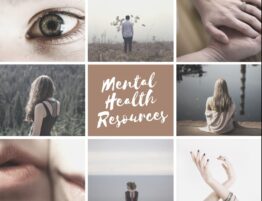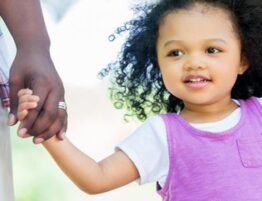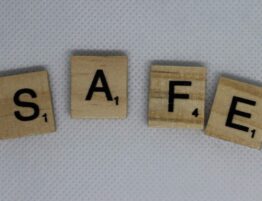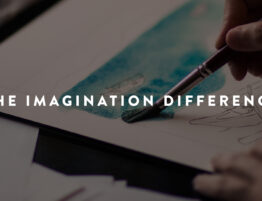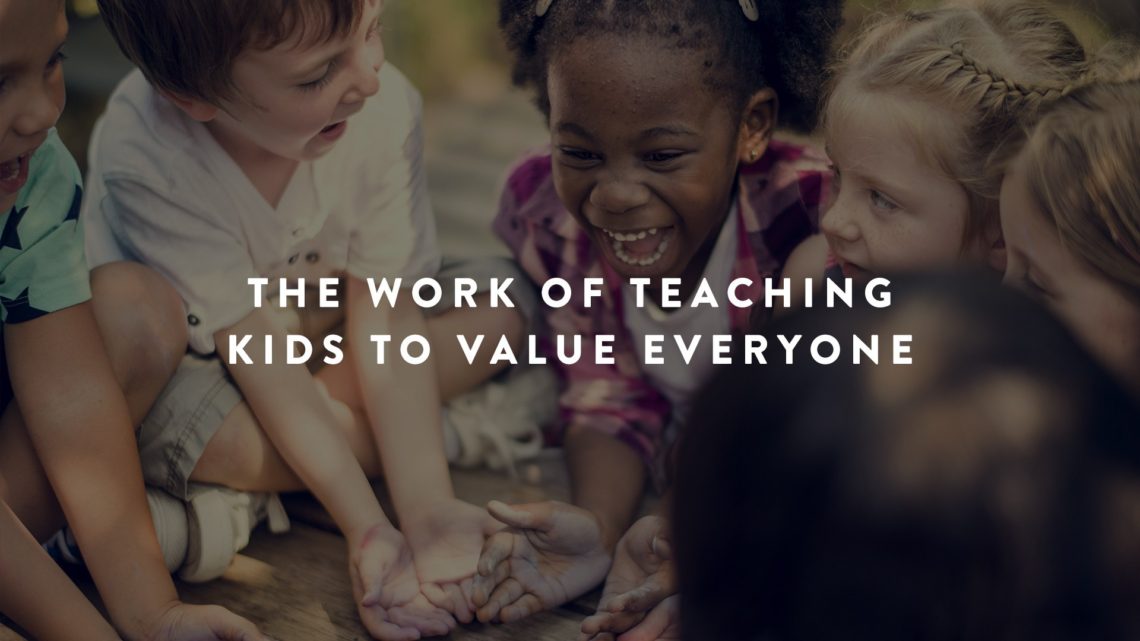
“I will never be friends with Will*! He has a funny looking hand, and I will never play with him!” my 4-year-old passionately declared the moment she climbed in the backseat of our car after her first day of pre-k.
I froze, eyes wide, mouth open. My eyes flicked to the rear-view mirror where I could see my little girl, scowling, arms crossed over her new navy dress with the words “BE KIND” spelled out in sequins. Where had I gone wrong? How had I missed the signs that I was raising a monster?? What were the magic words I had to say to reverse this immediately?
“Babe . . . that makes me feel . . .” I started, completely unsure how to finish that sentence. I settled on “. . . really sad.” Her scowl grew deeper. She was doubling down. “Sad for you, that you might miss out on a really good friend.”
“But I will never be his . . .”
“. . . Yes, I hear you. But I’m also sad for him. You know how nervous you felt about starting a new school this morning?” (Small nod) “Remember how scared you felt about making new friends? Can you imagine how it would feel to start a new school and wonder if anyone would be able to see past how you look and just be your friend?”
(A scowl and a huff) Okay. New strategy.
“What if Jude had a funny looking hand?” She had a fairly new baby brother she was obsessed with. Just a few weeks before she’d told me if anyone was ever mean to him, she would punch them in the face (maybe that was one of the signs I’d missed). “What if he looked different from everyone else and people decided not to be his friend because they didn’t like how he looked? How would you feel?”
“I knooooooww-uh!” Eye roll.
I knew I was pushing my lecture time limit but how could I—in good conscience—send this sweetly packaged monster back to pre-k the next day?!
“Okay, one last thing. Will’s mama loves him as much as I love you. She helped him pick out a first day of school outfit just like we did. She wants him to have a good year filled with great friends and I want you to be kind to everyone—not because they look like you or act like you or like the same things you like.
I want you to be kind to everyone because everyone is important.”
“I knooooooww-uh! STOP TALKING!”
Confirmed: I was raising a monster.
That afternoon, as she watched Daniel Tiger (singing, “In some ways we are different, but in so many ways, we are the same” in the background), I ordered no less than 10 Everyone Has Equal Value-themed picture books to subtly slide into our bedtime story rotation. I added shows and movies to our queue that had heroes who looked different or faced down bullies. I researched places we could go as a family to make sure she was regularly exposed to all kinds of people. And I signed up for a Meals on Wheels route for us to do as a family on our one free morning.
I wish I could say she went back to school the next week and invited Will over for a play date. But I learned that I can’t teach love in one day. There were no magic words I could say to fill her with empathy and eradicate all fear/hatred towards others. The truth is, my work on this subject will never be done. Not after reading all the books, watching all the movies, and delivering all the meals. Not even after she got in the backseat one day in May and announced, “I have big news! Will is actually my friend!”
Being intentional about the books we read, the people we interact with, the way my husband and I speak to and about others—this is work I should have been doing all along, work I must continue doing the rest of my life.
Because, guess what? I wasn’t raising a monster after all. We all have prejudices, fears, and biases. We all see and react to differences in others. And we all have to be willing to do the work needed to make sure the next generation is one defined by their ability to see the intrinsic value in every person they meet.

